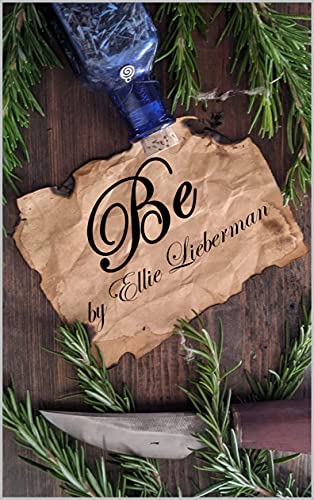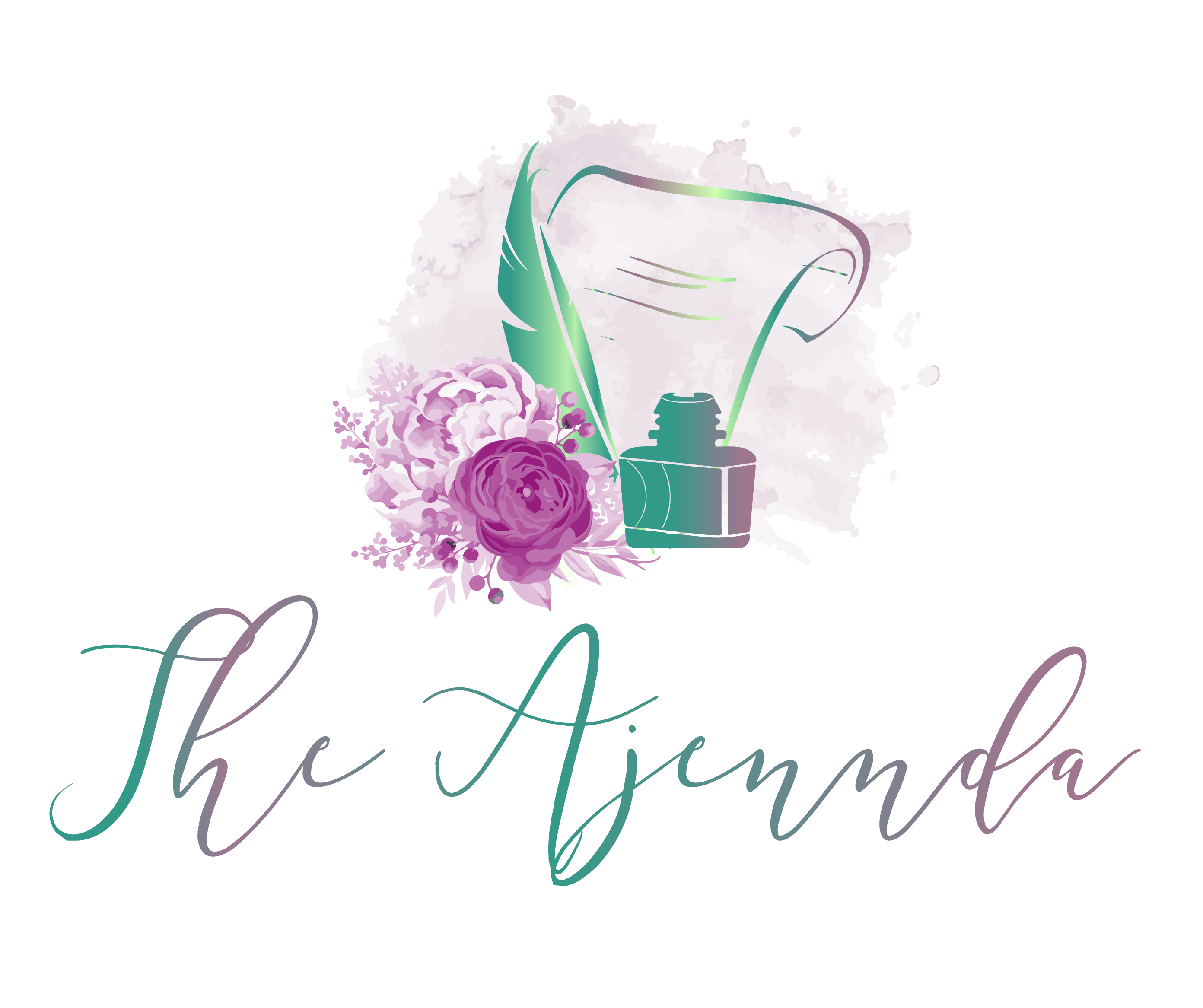
In her book Be, author Ellie Lieberman chronicles the story of Henry, a runaway prince, alongside the streetwise Ari and her band of family and friends who help him survive.
Both Henry and Ari’s families have dealt with tragedy and hardship in their own ways. Together, they create an unstoppable force for the good of both their futures.
Now here’s what Ellie had to say:
Jenn: How did your journey as a writer begin?
Ellie: I’ve always been a storyteller and I come from a family of storytellers. When I was very little and my grandfather used to drive me to ballet class, I would start telling a story from the time the keys were in the ignition to pulling up to the parking spot. According to my mother, I learned to write so I could write my stories.
I always felt I became a writer at my mother’s keyboard. She would write stories as a way to cope with her chronic illness and she would let me stay up past my bedtime to listen to what she had written. I discuss this a bit in my Vocal story, Lullaby of a Future Writer.
J: What was the inspiration behind Be?
E: I started writing Be when I was twelve years old. In my acknowledgments of the book, I reference multiple banker boxes and manuscripts lost to the computer gods. Needless to say, it has gone through quite a few iterations before becoming the book that was finally published. What I always find fascinating, though, are the parts that have remained the same throughout all the different versions.
The earliest version came about due to a project as part of a special after-school art program. We were supposed to write and illustrate a book. We were supposedly allowed to draw inspiration from some of our own favorite books. Somehow my play on my favorite children’s book was far to close to the original, even though, for some reason, someone else’s 101 Pugs was not. (At that point, I’m somewhat convinced it might have been vengeance for my tendency to not follow rules of assignments in the past, but I digress).
For my next attempt, I drew inspiration from another favorite of mine, my mother’s book, Treasure of Ravenwood, which is a combination of Cinderella and Beauty and the Beast. I thought I’d try my hand at combining fairy tales of my own. Along with both of those, I’ve always been a fan of Robin Hood, and set out to write a combination of Cinderella and Robin Hood.
My mother’s advice was always “just write,” but, when I did, the story took on a life of its own, straying from the initial conception. I wound up enjoying writing this story to the point where I don’t believe I ever actually finished or turned in anything for that particular project.
I tend to find inspiration through anything and everything and, looking back on Be, occasionally have moments where I come across or remember books or television or movies that I love and think, “Huh! That was probably an influence for this character or that moment.”
Funny enough, though, the second book in the Be series, An Impossible Dream, wound up sharing similarities with Cinderella, and the third book in the series, which I’m currently writing, Where the Heart Is, shares similarities with Beauty and the Beast.
J: Will you talk a little about the title and the wonderful Neil Diamond quote that you reference in the beginning?
E: The title for Be mostly came from one of the overall themes of the series: identity. This showed up again and again throughout the course of writing Be, mostly in the form of Henry “just being Henry.” Then, there’s Ari, who is not willing to compromise herself to make someone else’s life easier or more comfortable. To use Ralph Waldo Emerson’s words, “To be yourself in a world that is constantly trying to change you is the greatest accomplishment” or the Albert Camus quote,“Become so very free that your very existence is an act of rebellion.”
The Neil Diamond song went along so beautifully with the entirety of the book, not just the theme of identity. For me, it also touched on the idea of standing up for what you believe, being a voice for the voiceless, and going against the grain. And what, I also hope, is the universality of such messages.
J: Ari is a tough young woman! What was the inspiration for her character?
E: When I initially touch pen to paper, I can’t say I necessarily have anything in mind for the characters. I go where they and the story take me. That being said, I can’t help sometimes recognizing the roots for them.
I’ve always been drawn to warrior women. My earliest and favorite is probably the story of Boudicca or Disney’s Mulan, for example. I was also very fortunate, growing up, to be provided with and surrounded by role models within my immediate family, my family tree, and history in general. A lot of their traits that I admire (strength, unwilling to compromise on who they were or wanted to be, protecting loved ones, standing up for themselves and what they thought to be right) wormed their way into Ari’s character.
I also get very frustrated when you happen to have a character like this, but then they are quickly demoted into being nothing but a love interest. So often in stories, anytime you have a woman and man, it’s instantly romance, but I find friendship to be an equally compelling facet of a story, as well as women who aren’t defined by the men around them. It doesn’t always have to be romantic love, and often I’d prefer an exploration of the other aspects of life and identity.
Over the course of writing her, I think she came to ultimately represent for me, what it feels like to live in the midst of the patriarchy. She is often the sole woman in a world of men, from her father to her brothers to who she works for to even the King. She’s seeing and fearing the cycle repeat in the next group of young girls. It is isolating. You feel frustrated, tired, righteously and justifiably angry.
For me, this made one of her final acts of the book even more poignant.
J: It was very clever how you compared Henry, who grew up in an affluent household, and the relationship with his father against that of Nick and Ari’s family. What do you hope that readers will come away with in the context of family relationships?
E: Thank you!
There’s a quote from The Outsiders by S.E. Hinton: “Things are rough all over.” On the surface, I suppose there’s a bit of that. Everyone is going through something. While there’s truth to this message, it always rubbed me the wrong way. It feels a little too simple and dismissive and runs the risk of being privileged, as it seems like this reminder to think critically about the other party stems from those with the scales of power or privilege leaning in their favor to begin with.
Looking back on Be, and especially the relationship between Henry and Ari, what sticks out to me is the idea that similarities help to build a bridge, but it is just as important to recognize and honor the differences and complexities.
Nick is not Fra, for example. But Henry is grieving his brother and can’t help but transfer his feelings about his brother and the realizations of his relationship with his brother onto Nick and Ari’s relationship with Nick.
Families are complex and complicated things and shared experiences don’t necessarily mean it’s exactly the same experience, whether it’s two people within the same family, or two people who happen to have really horrible fathers.
J: How would you fare in the Be universe?
E: Honestly, not very well. My boyfriend had joked recently about all my characters being self-inserts after I made the observation that in one of my WIPS, multiple characters like using the top of tables as chairs. Admittedly, some of my quirks find their way into some of my characters. Though, I do find that to be inevitable for all writers.
That being said, my characters are often far more intelligent and braver than I am, and quite a few of them know how to sword fight, throw a dagger, or even a fist when need be. Even then, not all of them make it out alive.
In comparison, I can’t even run very fast or far and my make up consists far too much of anxiety and self-doubt to survive such a place. There are days I’m not sure I am all that cut out for the real-world society we live in.
J: Do you have any advice for other writers embarking on their first book?
E: My mother’s advice, “Just write” is always a good one to keep in mind. Just get it down. You can always make it pretty after.
Another piece of advice that helped me greatly comes in the form of a Jack Kerouac quote, from On the Road: “One day I will find the words and they will be simple.”
Most importantly, though, is take all advice with a grain of salt. Everyone has something to say, but there’s more than one way to write and there’s no one right way to do it. Take what works for you, leave what doesn’t.
J: What are you working on now?
E: The second book in the series, An Impossible Dream, is currently with beta readers, so my attention is now on book three, Where the Heart Is.
An Impossible Dream is a story of friendship, love, survival, and dreams, even when they seem impossible. Sare has survived fifteen years playing the perfect little servant, but can she survive the castle? After all, as Elsbie tells her, “Nowhere compares to the castle, and no one compares to the King.”
Where the Heart is The Queen’s, story. It follows Henry’s mother from the moment she first arrives in Midgrim to the events leading up to Be.
I’m also working on a number of children’s books that are only awaiting their illustrations.
J: What are you reading right now?
E: Right now, I’m currently reading Wyrd Sisters by Terry Pratchett, The City We Became by N. K. Jemison, Dyrwolf by Kat Kinney (a phenomenal indie author), and re-reading Pride & Prejudice by Jane Austen (a favorite).
Okay, that’s all for now! Be sure to check out Ellie’s website for books and even more goodies from a variety of talents. Ellie is also on Amazon, Etsy, and Kofi.
Have a wonderful day, everyone!

